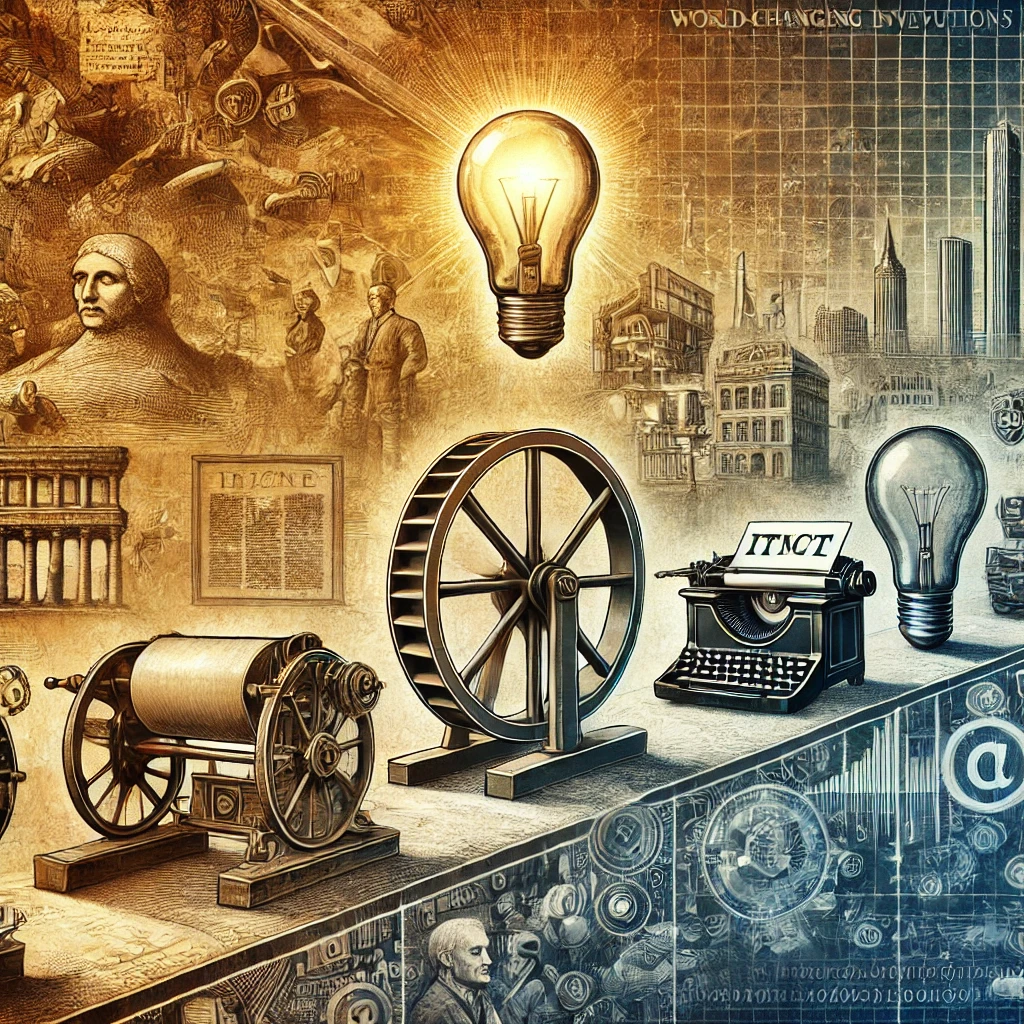
Throughout history, visionary inventors have arose to challenge the status quo, push the boundaries of feasibility, and transform the experience with their groundbreaking concoctions. From the lightbulb to the internet, these trailblazers have left an indestructible mark on human civilization, inspiring future creation to dream big and pursue their own progressive ideas.
Thomas Edison: Often saluted as America’s greatest discoverer, Thomas Edison’s prolific career created over a thousand patents, including the turntable, motion picture camera, and by all means, the electric lightbulb. His neverending pursuit of innovation and obligation to experimentation epitomize the essence of the modern inventor.
Nikola Tesla: A visionary in front of his time, Nikola Tesla’s fabrications laid the fundamentals for the modern electrical age. From altering current (AC) power systems to Wi-Fi communication, Tesla’s contributions transformed the way we harness and transmit power, earning him a place among past’s greatest inventors.
Leonardo da Vinci: Widely regarded all at once of the most in another way talented individuals to have always lived, Leonardo da Vinci’s inventive genius surpassed traditional disciplines. From winged machines to anatomical studies, his sketches and designs indicated many technological advancements particular day or time ahead of their time.
Marie Curie: A pioneer engaged of radioactivity, Marie Curie’s groundbreaking research scored her two Nobel Prizes and paved the habit for advancements in medicine and atomic science. Her tireless dedication to controlled inquiry and fearless occupation of knowledge continue to encourage scientists around the globe.
Steve Jobs: As the co-founder of Apple Hamper., Steve Jobs transformed the consumer electronics manufacturing with products like the iPhone, iPad, and MacBook. Welcome relentless focus on design, change, and user experience remodeled Apple into one of ultimate valuable companies in the world and sealed his legacy as a visionary chief.

Alexander Graham Bell: Best popular for inventing the telephone, Alexander Graham Bell’s work credited the foundation for modern systems of information exchange. His groundbreaking fabrication revolutionized communication, shy the distances between people and joining the world in ways earlier unimaginable.
Ada Lovelace: Widely acknowledged as the world’s first computer someone proficient at computers, Ada Lovelace’s pioneering work with Charles Babbage’s Examining Engine laid the fundamentals for modern computing. Her visionary understandings into the potential of computing machines anticipated many ideas of computer programming and machine intelligence.
Galileo Galilei: Often refer to as the “father of modern science,” Galileo Galilei’s gifts to astronomy, physics, and mathematics remodeled our understanding of the natural world. His faraway observations of the heavens disputed prevailing beliefs about the universe and laid the groundwork for the experimental revolution.
Grace Hopper: A lead computer chemist and naval officer, Grace Storage played a pivotal act in the development of early programming languages and calculating systems. Her work on the UNIVAC I and COBOL prioritize language paved the habit for the digital age and earned her the sobriquet “Amazing Grace.”
Albert Very smart person: Known for his pioneering theories of relativity and offerings to quantum mechanics, Albert Einstein transformed our understanding of the universe. His intuitions into the nature of space, occasion, and energy continue to shape new physics and inspire scientists to push the edges of knowledge.
These visionary inventors point out us that the power of innovation sees no bounds. By daring to imagine the impossible and continuously pursuing their dreams, they have reshaped the course of experiences and left an enduring inheritance that continues to inspire and elevate humanity.


